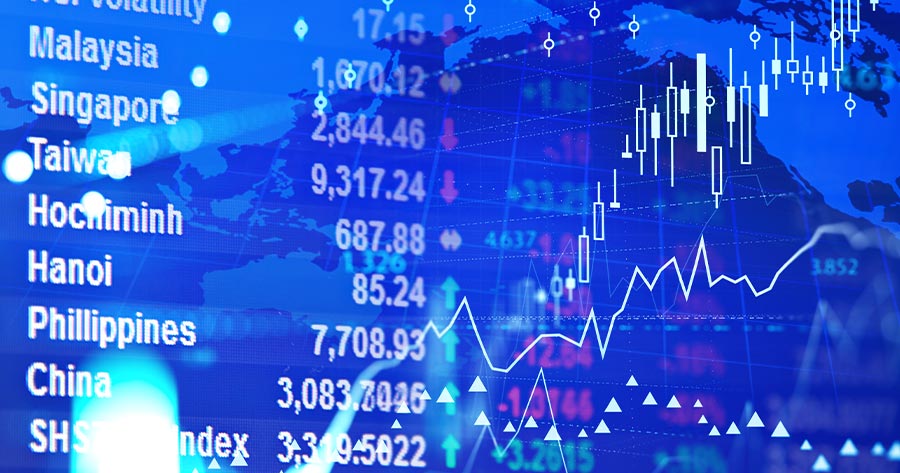On Monday morning (7 July, 9:23 AM, GMT+7, Bangkok time), indices in Asia Pacific exhibited a downward trend after U.S. President Donald Trump confirmed that reciprocal tariffs announced in April will be enforced from August 1 for countries without a deal.
Meanwhile, Treasury Secretary Scott Bessent clarified that August 1 is not a new deadline, but noted the date could give trading partners more time to revisit tariff agreements.
In Australia, the nation’s central bank has begun its two-day policy meeting, with markets broadly anticipating a 25 basis point rate cut to 3.60%.
Japan’s NIKKEI dropped by 0.57% to 39,582.9. South Korea’s KOSPI slid by 0.04% to 3,053.18, and Australia’s ASX 200 declined by 0.19% to 8,586.5.
As for stocks in China, Shanghai’s SSEC dipped by 0.18% to 3,466.03. Hong Kong’s HSI contracted by 0.29% to 23,847.06, and Shenzhen’s SZI fell by 0.6% to 10,445.42.
In the U.S., stock markets were closed on Friday for the Independence Day holiday.
As for commodities, oil prices settled lower on Friday with investors focusing on the OPEC+ meeting amid expectations that the group could agree to increase production. Brent futures lost 50 cents or 0.7% to $68.30 a barrel, and the West Texas Intermediate (WTI) decreased 50 cents or 0.75% to $66.50 per barrel ahead of 1 PM EDT (1700 GMT). Trading volumes were subdued as markets observed the U.S. Independence Day holiday.
On Saturday, OPEC + agreed to increase oil production by 548,000 barrels per day in August, a move to regain market share after recent price swings driven by Middle East tensions. The group, which accounts for about half of global output, is responding to pressure from President Trump to boost supply and ease fuel prices.
This morning, Brent futures diminished 65 cents or 0.95% to $67.65 a barrel, and the WTI futures slumped $1.16 or 1.73% to $65.84 per barrel.
Meanwhile, gold futures shrank 0.59% to $3,323.1 per Troy ounce.



